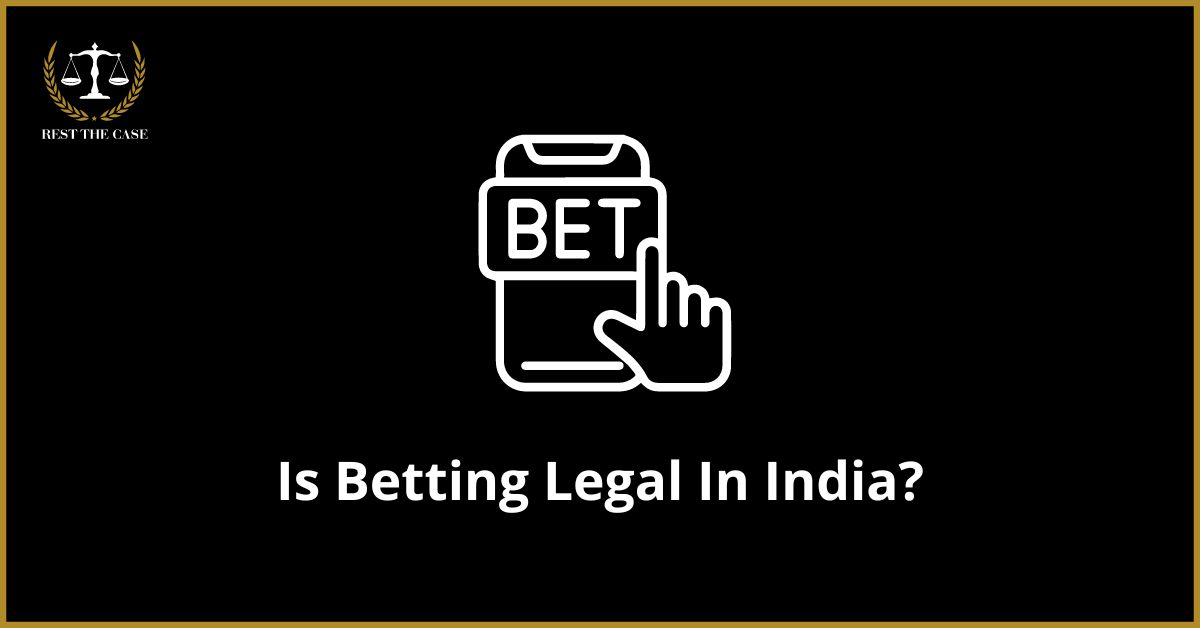Betting Laws in India
Betting laws in India have a long and complex history dating back to the colonial era. The Public Gambling Act of 1867 was the first legislation that aimed to regulate betting activities in the country. Under this law, most forms of gambling were prohibited, except for horse racing and state lotteries, which were allowed in certain circumstances.
In recent years, there has been a growing debate surrounding the legalization of betting in India. While some argue that legalizing and regulating betting could generate significant revenue for the government and create a safer environment for bettors, others express concerns about the potential social and ethical implications of such a move. As of now, the legal status of betting in India remains a contentious issue that continues to be a topic of discussion among policymakers and the public.
Legal Forms of Betting in India
Betting in India primarily falls under the Public Gambling Act of 1867, which prohibits gambling activities, with the exception of certain games of skill like horse racing and rummy. Horse racing is a popular and legally accepted form of betting in India, overseen by various turf clubs and regulated under the respective state laws. Punters can place bets on horse races through licensed bookmakers and totalizators at racecourses across the country.
Another recognized form of betting in India is lotteries. State governments have the authority to regulate and conduct lotteries within their territories under the Lotteries Act, 1998. These lotteries help generate revenue for the states and are considered legal forms of betting. However, online betting platforms and casinos are still largely unregulated in India, creating legal ambiguities and leading to instances of illegal betting activities taking place clandestinely.
Regulatory Bodies for Betting in India
The regulatory bodies in India play a crucial role in overseeing and supervising the betting activities in the country. One of the key regulatory bodies is the Gaming Commission of India, which is responsible for implementing and enforcing regulations related to betting. The commission ensures that betting operators comply with the established rules and guidelines to maintain fairness and transparency in the industry.
Another important regulatory body is the Financial Intelligence Unit-India (FIU-IND). This organization focuses on preventing money laundering and illegal financial activities associated with betting. By monitoring financial transactions related to betting, the FIU-IND helps in safeguarding the integrity of the betting sector and protecting consumers from fraudulent practices.
Penalties for Illegal Betting in India
Illegal betting in India is a serious offense that can lead to significant legal consequences. Those found participating in unauthorized betting activities may face imprisonment for a period of up to three months. Additionally, individuals involved in such unlawful practices may be liable to pay a fine which can range from a few thousand to ten thousand rupees.
Moreover, operating or promoting illegal betting in India can be met with strict penalties. Offenders may be subject to imprisonment for a maximum of one year, along with substantial fines. It is crucial for individuals and organizations to adhere to the legal provisions and regulations regarding betting activities in the country to avoid facing the severe penalties associated with illegal betting.
History of Betting Laws in India
The history of betting laws in India dates back to the colonial era when the Public Gambling Act was introduced in 1867 by the British government. This law was enforced to curb the prevalent gambling activities during that time, which were seen as a social evil. The Act prohibited the operation of gaming houses and made gambling in public places illegal.
Over the years, various amendments have been made to the Public Gambling Act to adapt to the changing societal norms and technology. In the 21st century, with the rise of online betting platforms, the government has been facing challenges in regulating the betting industry effectively. The history of betting laws in India reflects the continuous effort to strike a balance between allowing for entertainment and preventing the negative consequences associated with excessive gambling.















